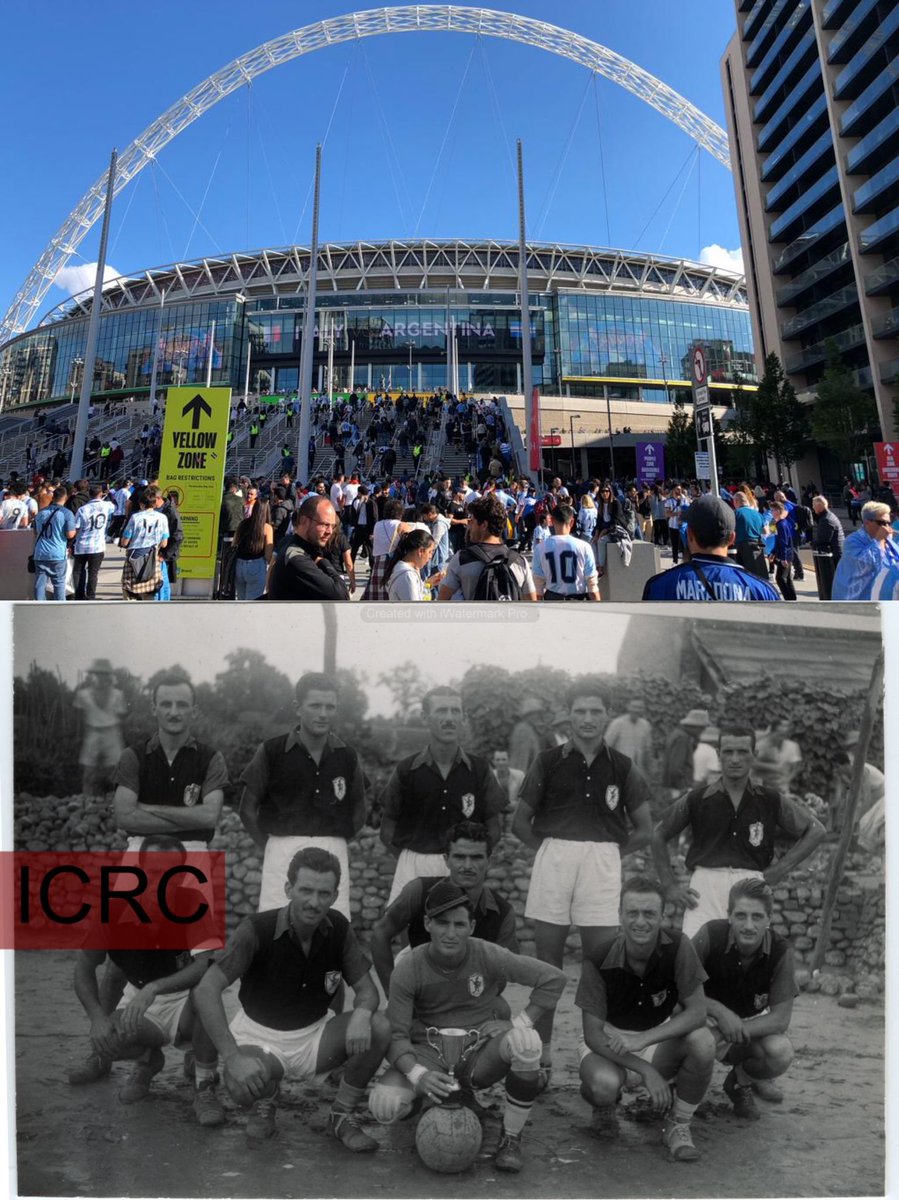
On #worldbicycleday, we remember Bimal Mukherjee – an intrepid adventurer who, accompanied by his three friends, traveled around the world on bicycles. Their journey was flagged off from Town Hall, Calcutta in 1926. 1/3 

The four friends travelled through Arab, Iran, Turkey, Syria, Britain, Iceland, Norway, Sweden, Finland, Russia, Greece, Egypt, Sudan, Italy, Switzerland, France, Denmark, Germany, United States, Colombia, Ecuador, Peru, Hawaii, Japan, China, Hong Kong, Vietnam, Thailand, 2/3
Malaysia and many other countries before returning to India in 1937. Mukherjee chronicled their fantastic adventures in the book, Du Chakay Duniya (The World on Two Wheels) which was first published in 1986. 3/3 

Tell us about your adventure on a bicycle.
• • •
Missing some Tweet in this thread? You can try to
force a refresh














